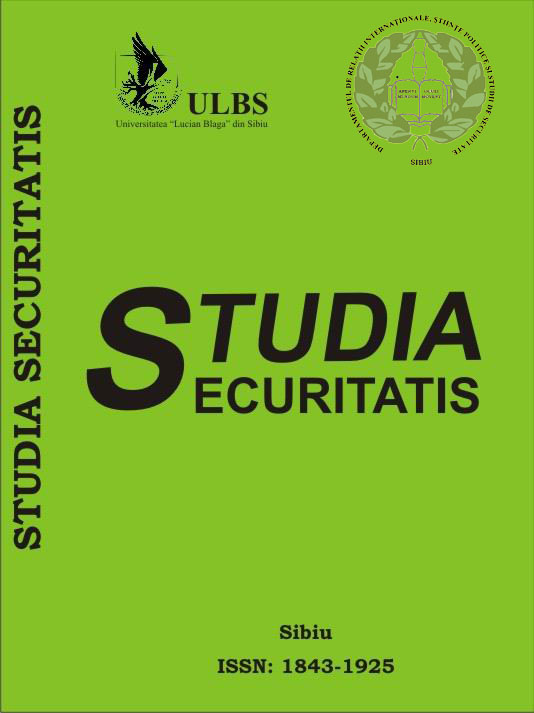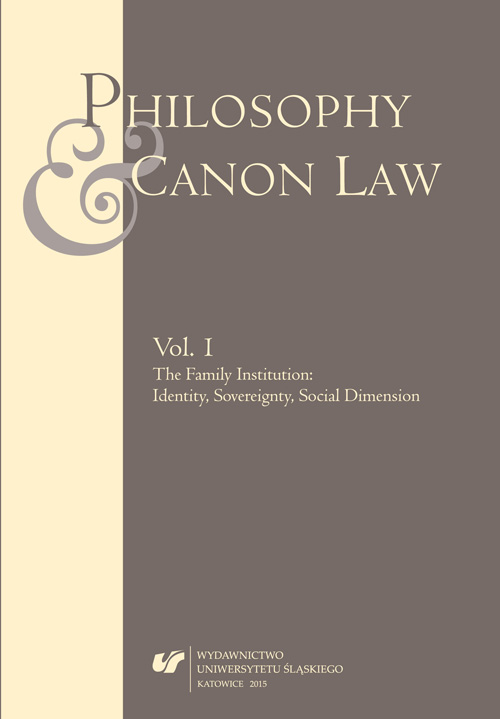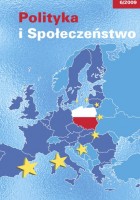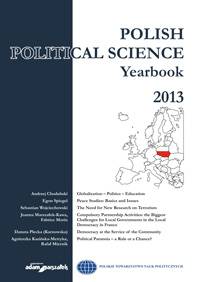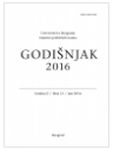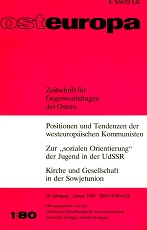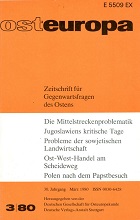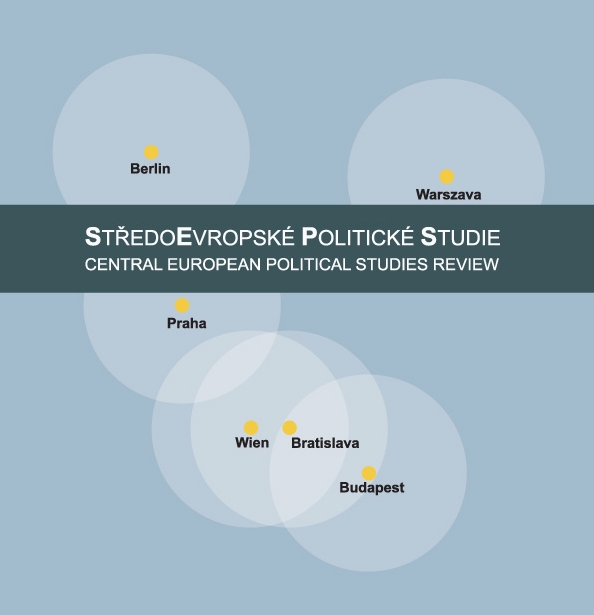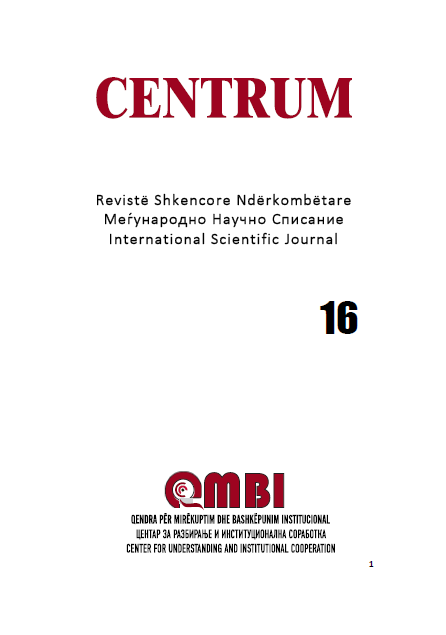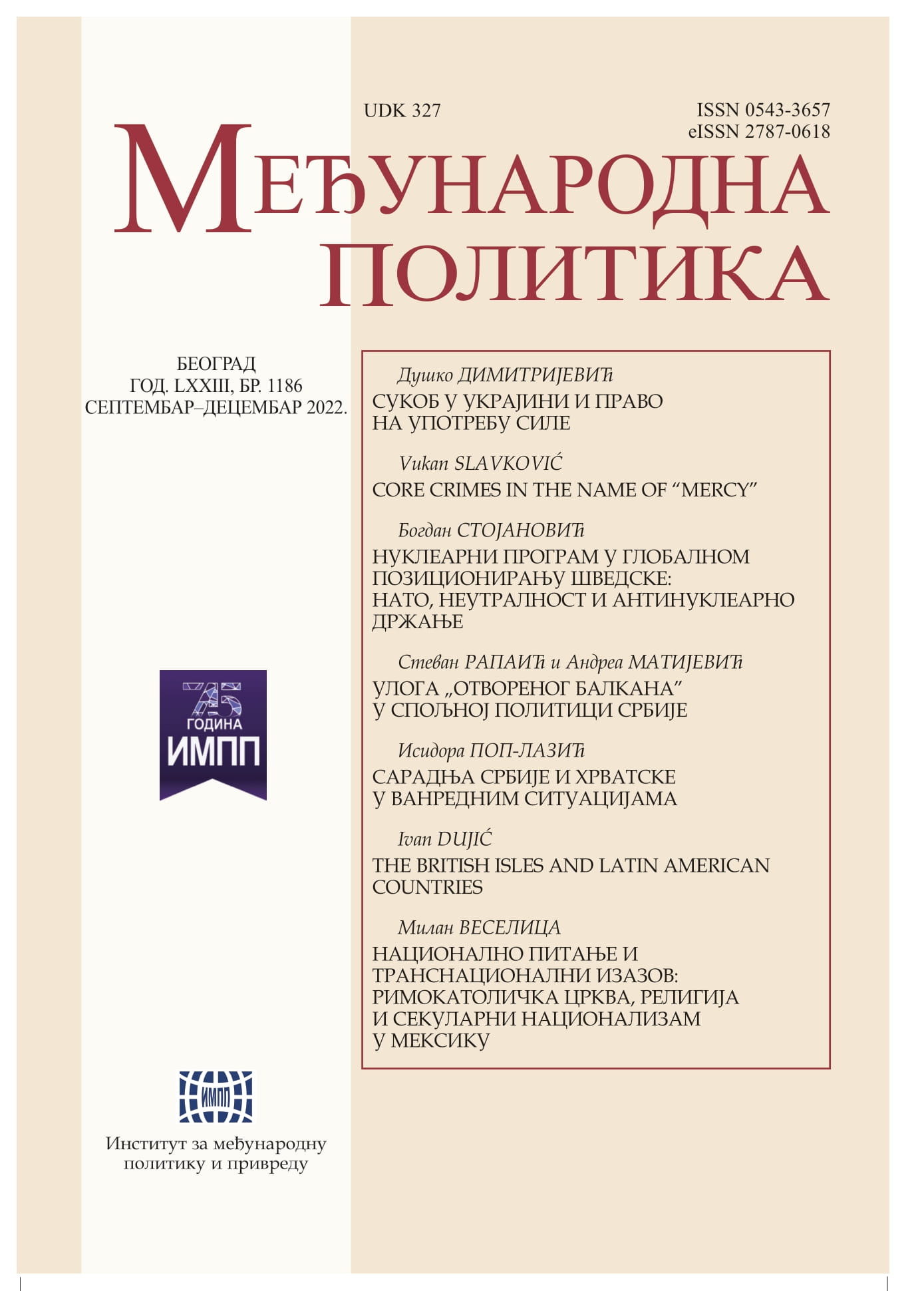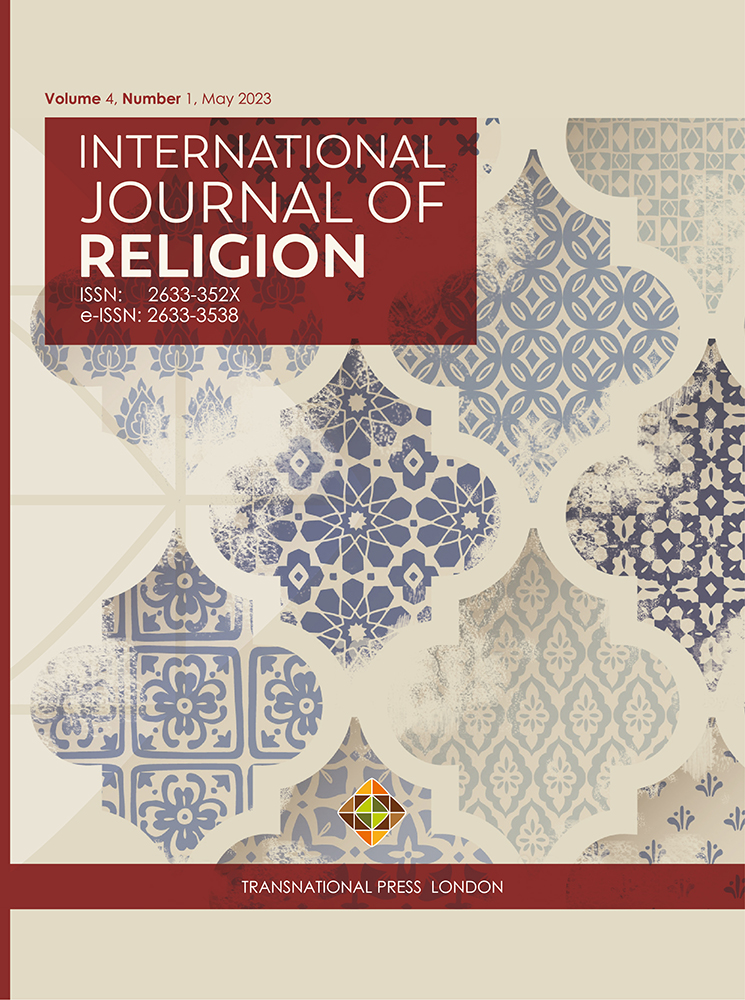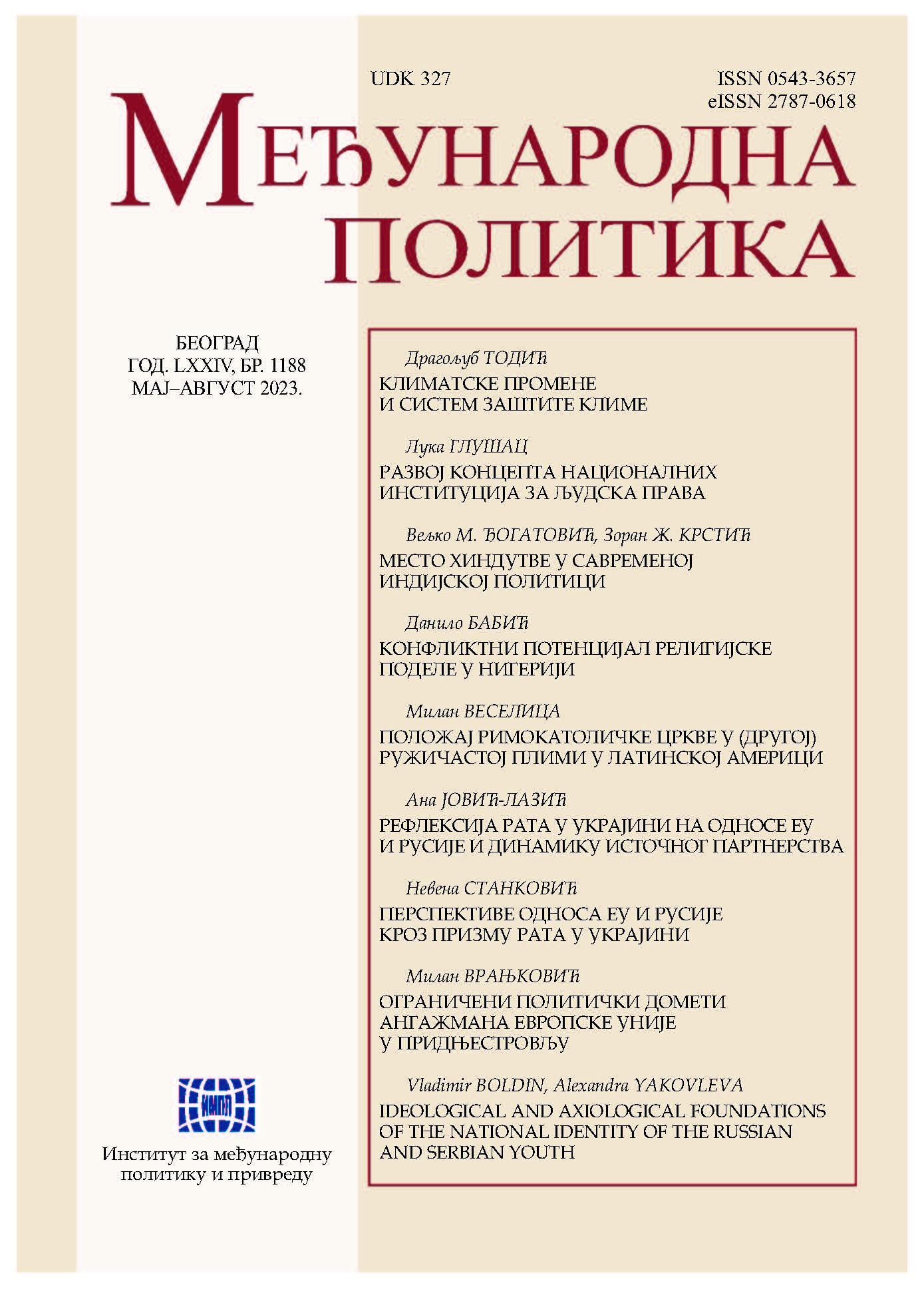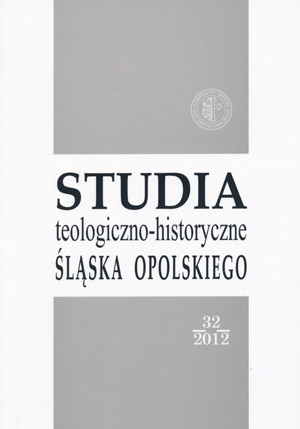
Demokracja i jej wartości w encyklikach Jana Pawła II
The main issue of the article concentrates on the idea of democracy, its moral, social, legal and political spectrum, included in encyclicals of John Paul II. The author, sharing John Paul’s II opinion, tries to: specify what the democracy and its fundamental human rights exactly are; define the values which are its foundation, and the anti values that constitute a threat to it; show the rights, duties and the role of an individual, society and the state in the democratic system. Analysis of the Pope’s teaching in this area, shows that true democracy — which ensures the common participation in political decisions and is a guaranty for citizens to control their democratic rules — should be connected with fixed and constant, thus invariable moral and human values, which belong to the human nature, come from the truth about human being, and protect dignity and fundamental rights of human beings. The Pope indicates unequivocally that democracy and peace, are the most wanted and precious values for the society, in centre of which lies the respect for human life.
More...
